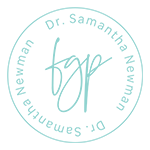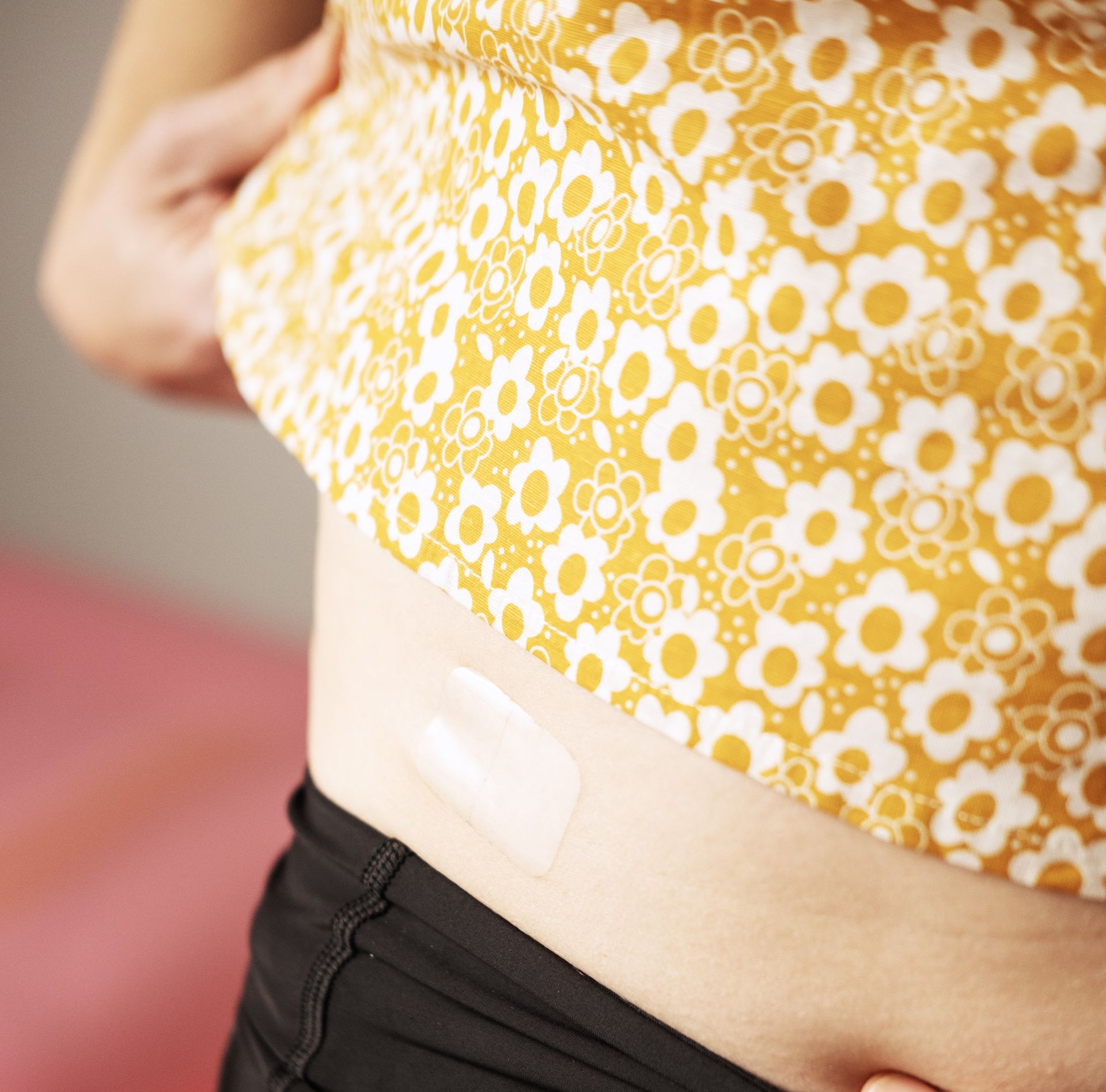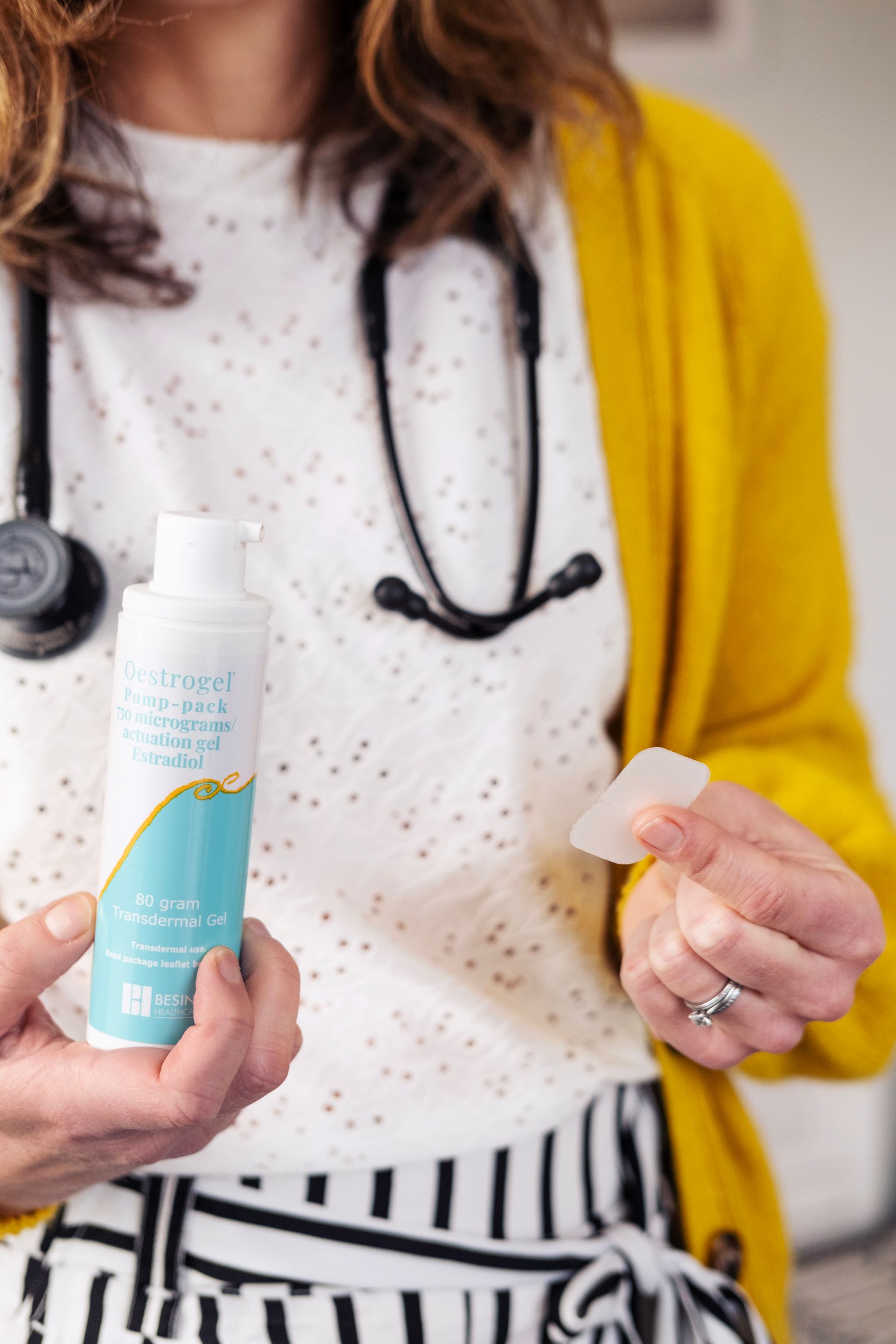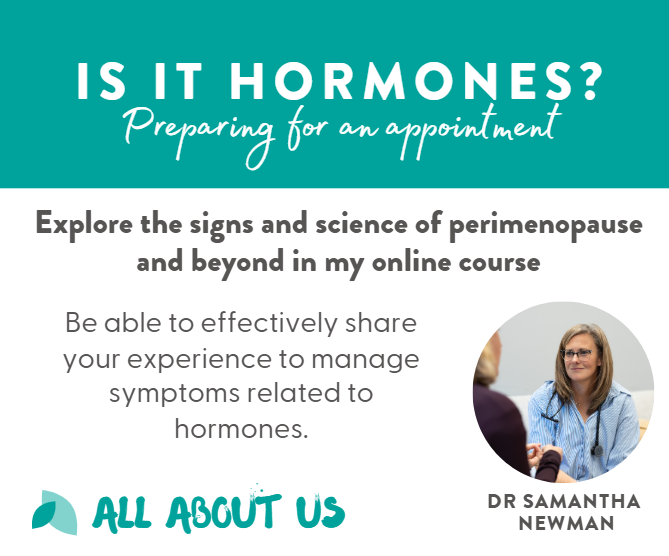Perimenopause Is a Window
Perimenopause is a window of opportunity —a chance to prevent health issues before they take hold

If we know what to look for—if we know how perimenopause shows up—we can support women earlier. We can stop 10% of women dropping out of the workforce in midlife. We can start shifting the numbers on midlife mood disorders, alcohol use, relationship breakdown, and even suicide.
And here’s the thing—there are
signs long before perimenopause.
🔎Clues across the lifespan.
🔎Clues that tell us HRT might not just improve symptoms, but stop things getting worse.
🔎 That early hormonal support could stop depression from becoming overwhelming, or ADHD from tipping into burnout.
Because when no one joins the dots for you, it’s not just hard to work—it’s hard to stay afloat
You're trying to hold down a job, be a good mum, show up for your partner and whānau, and maybe still convince the world (and yourself) that you’re doing okay. Meanwhile, you’re not sleeping. Your clothes don’t fit. You found your keys in the fridge. And no one’s explained that this might be hormonal.... ie there is something that can (and should) be done about it.
Here’s what we know
🎆 HRT improves hot flushes and mood in 80–90% of women
🎆 When started in perimenopause, it lowers the risk of heart disease by 30 to 50 percent. Cardiovascular disease is the leading cause of death in women
🎆 It helps prevent osteoporosis by 30 percent, which affects 1 in 2 women and significantly increases the risk of hip fracture. A hip fracture has a life expectancy of around six months
And transdermal estrogen with Utrogestan?
🗣 It doesn’t need to be stopped after a heart attack
🗣 It can be used in women with migraine
🗣 It is safe to use after a blood clot
🗣 You can continue it if you are going into surgery for an operation
🗣 For some women with breast cancer where life has become unbearable, it may still be an option. And the benefits the medication gives them outweighs the risk of future breast cancer is to them.
This is why education matters.
We need to teach this—clearly, early, and widely.
In medical schools, clinics, and community spaces.
Not just academic knowledge—but practical, lived understanding.
But, grounded in
science. Because that is what will enable a
solid, sustainable foundation.
Even with all the noise of pay debates and system issues—there’s good happening too.
Wāhine are moving. Leading. Demanding better.
My week has been 'too busy' so far, but it just takes one kōrero, to remind me the why. And knowing that I'm part of a revolution. And it is an honour. And for that I say thank you 😊







